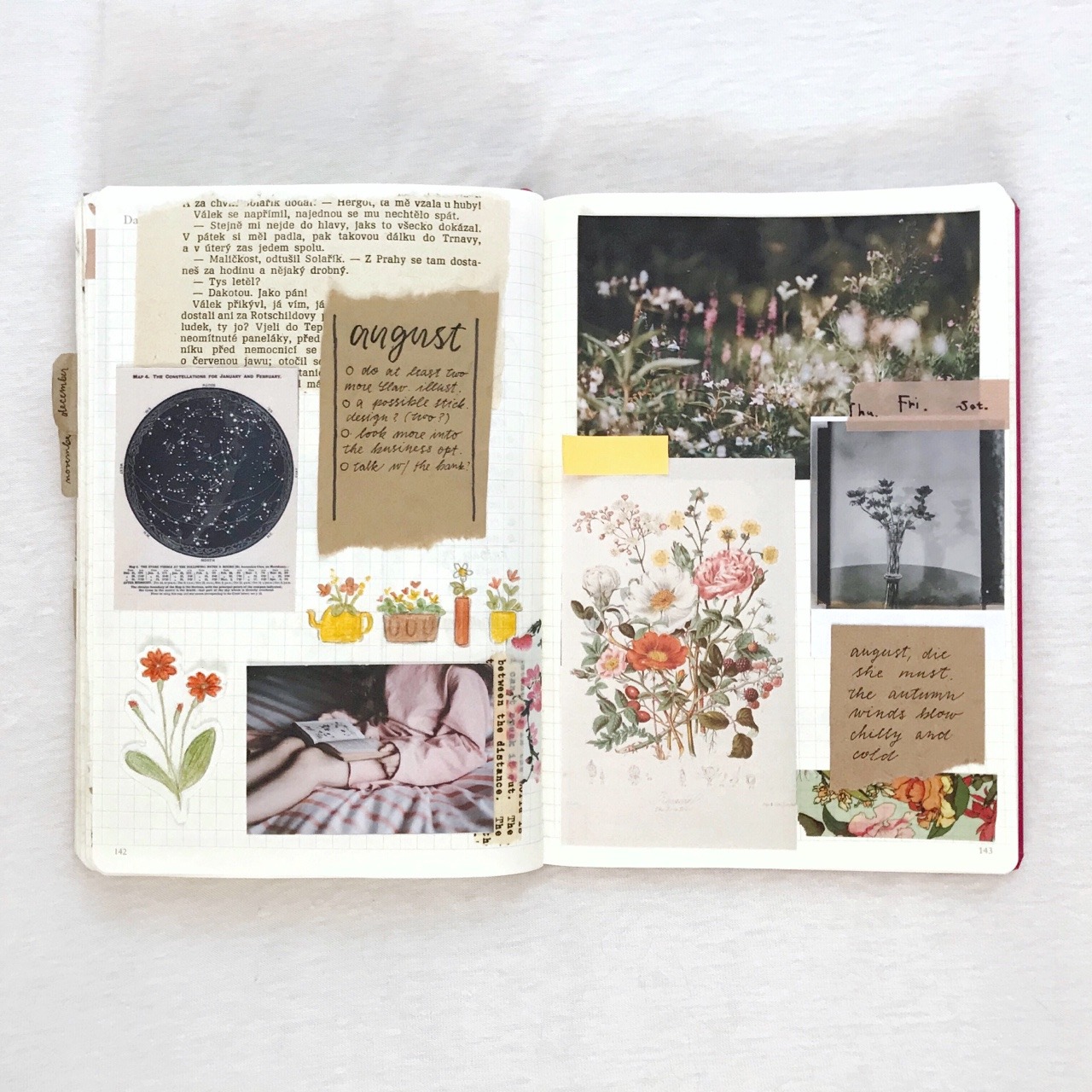
Finding self-compassion after cancer is one of the most unexpectedly hard parts of surviving. One in three breast cancer survivors reports body image distress and one in four develops long-lasting depression and anxiety.
To help survivors find better mental health, new research from Macquarie University shows improved self-compassion and hope for breast cancer survivors through journaling. If you’ve survived this disease, or know someone who has, then consider consider writing therapy as one way to find better mental health.
Changing perspective
Finding self-confidence and a positive relationship can be difficult for breast cancer survivors. One way that Professor Sherman and the team behind the study discovered would help survivors find self-compassion, was to write how they would advise a close friend in a similar situation. Where the survivors couldn’t immediately find self-compassion, they found compassion for their friend.
After writing as if to a close friend, the participants were then asked to write to themselves, and all breast cancer survivors. The shifted perspective helps to create some distance that allows the survivors to rediscover their own self-compassion, and how the struggle of living and working with cancer affected them.
For other survivors struggling with finding self-compassion after fighting breast cancer, changing perspective and finding compassion for others in the same situation can be the first step to a healthier outlook.
Fighting depression and anxiety
The Macquarie study found that ‘self-compassion’ has a strong relationship with body image distress, while ‘hope’ has a strong relationship with depression and anxiety. Through the writing and journaling exercises, both self-compassion and hope increased for participants, while body image distress, depression, and anxiety all decreased.
Without the help of journaling, 25% of breast cancer survivors develop long-lasting depression and anxiety.
Through writing and journaling, depression was reduced by 24% anxiety by 30%. Not only did the average depression and anxiety reduce, but they also stayed reduced for up to three months after they completed the writing exercise.
Starting to journal
As anyone who’s ever put pen to paper can attest, it’s starting to write which can be the hardest part. Fortunately, Professor Sherman outlines the method they used to help the participants begin the process.
The first step was for the survivors to write about how they felt about their own bodies after surgery and treatment. This even involves writing about a negative experience they’ve had in relation to the changes in how their body looks and feels after surgery and treatment. Then comes the step of writing as if to a close friend in the situation of surviving breast cancer. Finally, they wrote to themselves and all breast cancer survivors.
Whichever format you choose (some survivors keep a physical journal, others write into a word document, and others publish their journaling on a personal blog) find an outlet to follow these steps so that it works for you. There’s no correct outlet for expressive writing as therapy. What matters is that your writing is honest and from the heart.
MORE – 7 Easy Lifestyle Tips For A Happier, Healthier You
MORE – Health: The Surprising Reasons Women are Freezing Their Eggs

No Comments